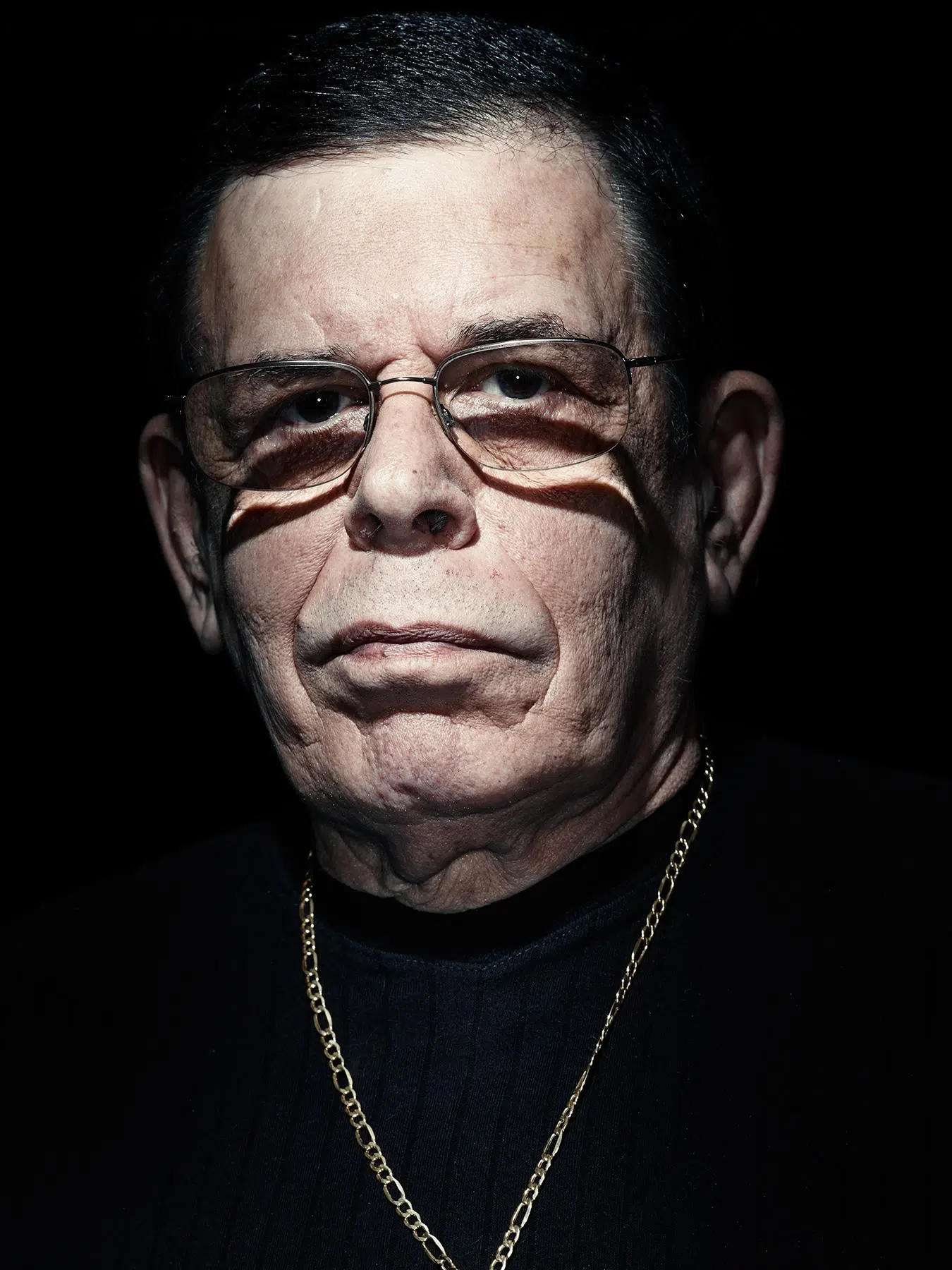KABUL (Reuters) – Afghan leaders and ordinary citizens condemned on Wednesday the killing of a prominent cleric in a bomb attack at a mosque in the heavily fortified diplomatic quarter of the capital, Kabul.
The explosion, which police initially said was a suicide bombing but later said was caused by a planted device, killed two people on Tuesday including Ayaz Niazi, a scholar and the outspoken imam of the Wazir Akbar Khan mosque.
President Ashraf Ghani called the attack a crime against humanity and appointed a team to investigate, his office said on Twitter.
Ghani also visited the hospital where Niazi’s body was brought to pay his respects.
Niazi was famous for his fiery sermons, in which he regularly criticised the Taliban, the government as well as U.S.-led foreign forces in the country.
No group claimed responsibility. The Taliban denied involvement.
Prominent politician Abdullah Abdullah, who was recently appointed to head peace talks with the Taliban, said “criminal terrorists” had once again struck a “towering religious figure”.
“They view great religious scholars as a major threat against their extremist ideology,” he said.
Many Afghans called on social media for an official day of mourning.
The mosque is one of the most-heavily guarded in the country and is in a central Kabul district where several embassies and offices of foreign organisations are located.
Despite a lull in fighting in recent days, following a three-day ceasefire between the government and the Taliban late last month to mark the end of Ramadan, attacks have been taking place.
Two people were killed and two wounded in Kabul on Sunday when a bus carrying employees of private Khurshid TV was hit by a roadside bomb.
The attack was claimed by the Islamic State, who also took responsibility for the storming a maternity hospital in Kabul last month.
In the southern province of Kandahar, nine civilians were killed and five wounded when a roadside bomb blew up their vehicle on Wednesday, police said.
(Reporting by Hamid Shalizi; Editing by Gibran Peshimam, Robert Birsel)




